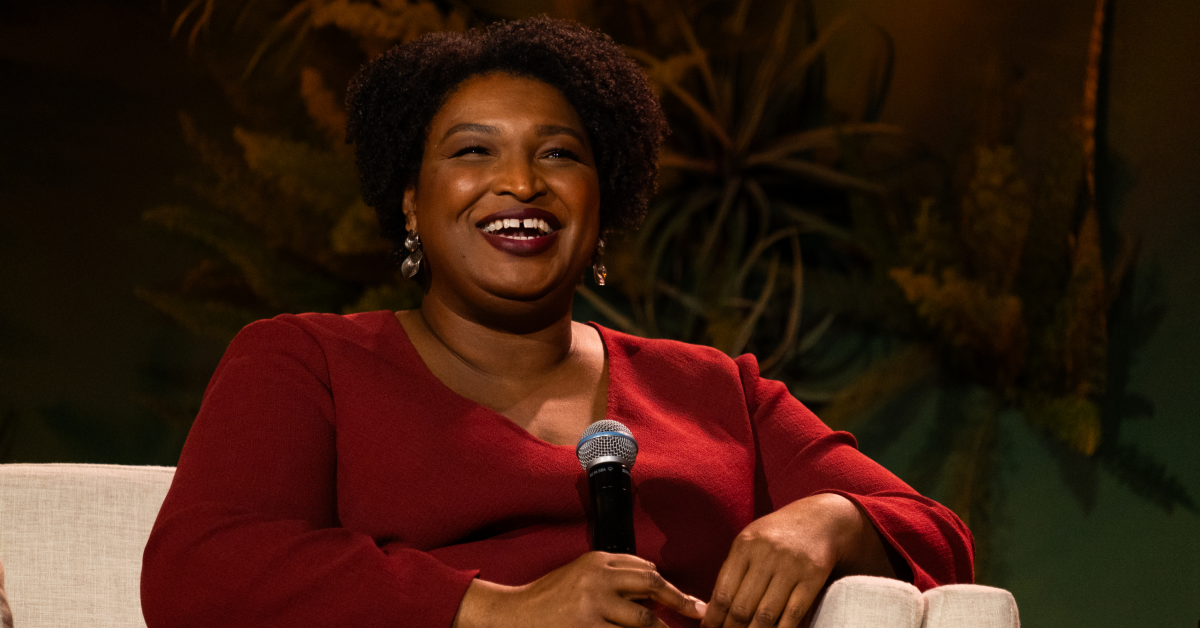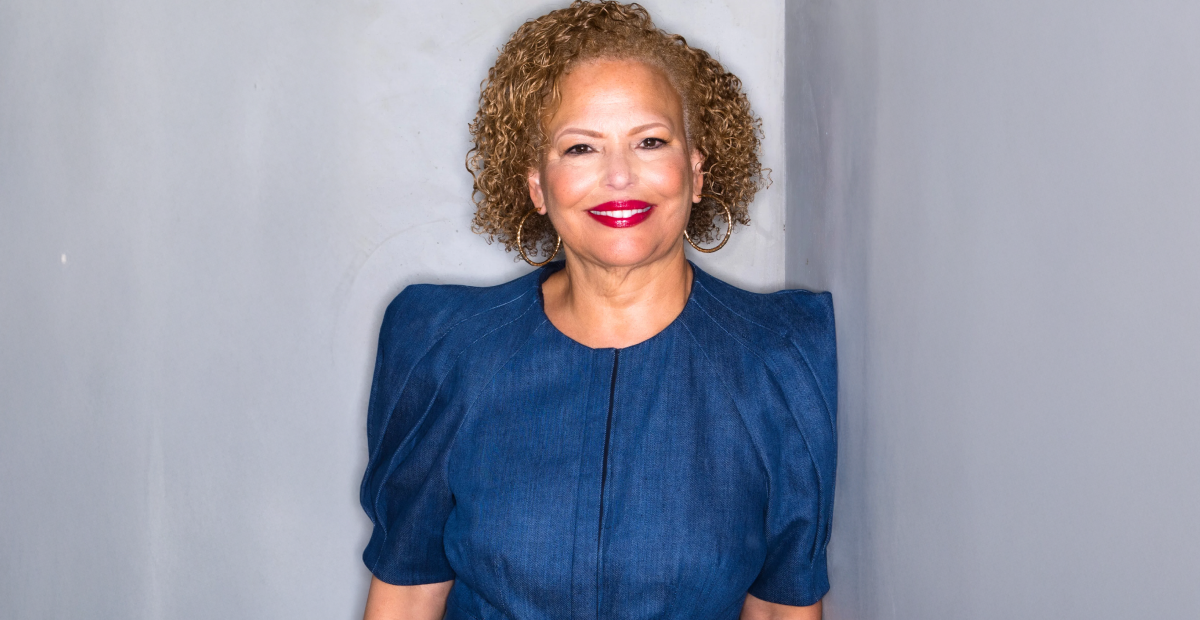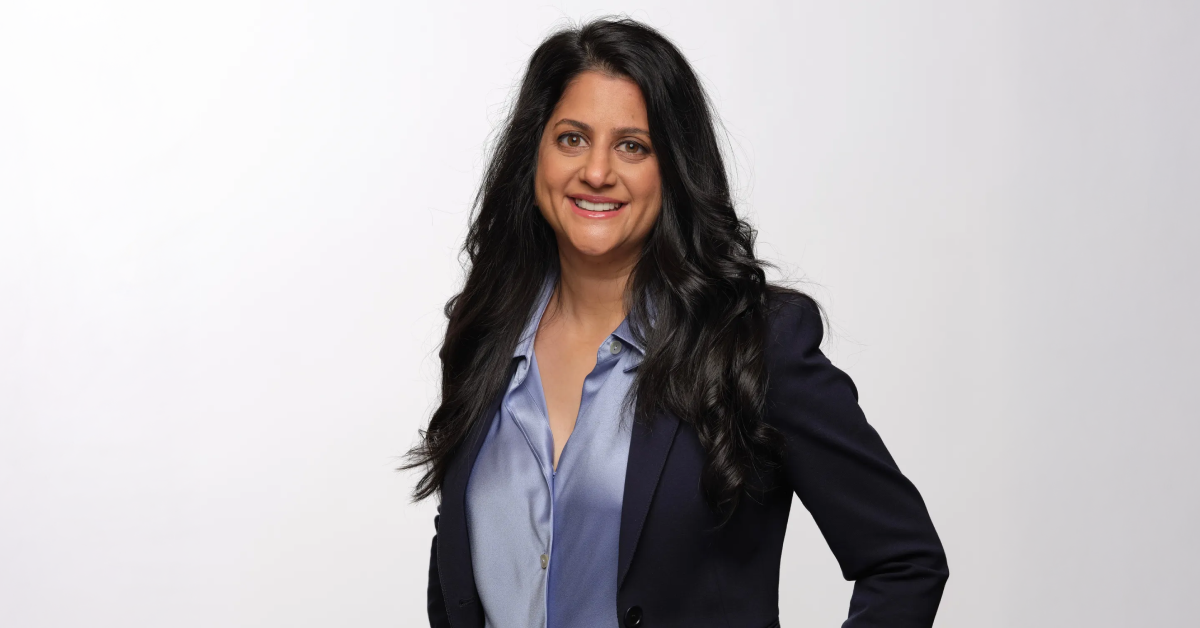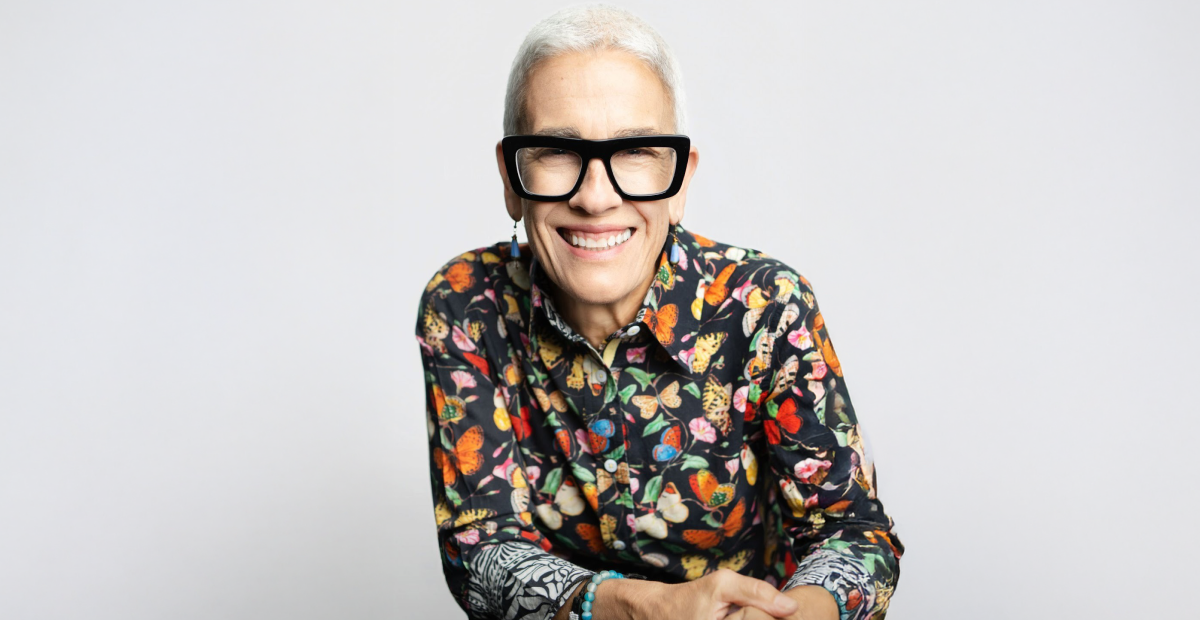To many, Stacey Abrams is known as a voting rights activist, lawyer, and the first Black woman to be nominated by a major party for state governor. But in addition to her impact in the political world, Abrams is a serial entrepreneur and New York Times bestselling author with 15 books under her belt, including a host of romance novels written under the pseudonym name Selena Montgomery.
At the first-ever ChiefX conference, Abrams explains why limiting herself to one career path has never been the goal and why all leaders should feel empowered to embrace every aspect of who they are when it comes to their career.
“I do not see the titles that I have as a limiting factor,” she says. “Often we say, ‘Well I have this title, I am this thing.’ I believe in being a card catalog of a human… Or in current speak, I'm multi-tabbed on the internet. But the point is, I want to live all of the pieces of me and I will not let someone else tell me I can't.”
Abrams credits her parents with encouraging her curiosity to try new things, adding, “I may not be as good at something as I want to be, and that's okay. But I've never been limited by the labels that people want to assign to me. My responsibility is to be curious, to try to solve problems, and to always try to do good.”
As a multi-hyphenate professional with many different careers, Abrams, who recently became Howard University’s first chair for race and Black politics, says the key to being successful is to not get too bogged down by the inevitable setbacks.
“I'm a really good loser,” she says. “That is a skill we need to hone. Failing means that you've tried something. We know a lot of people are not failures because they've never done anything. I lose because I try. And grounded in that is the reality that trying matters.”
That’s why, Abrams says, she always advises people who are looking to try something new to “know what you want, know why you want it, and know how you want to get there.” That way, even if things don’t work out, you can still rely on your “why” to guide you in a different direction to achieve your goal.
“I may lose an opportunity, but if I never lose the why then I'm still winning,” she says. “I'm still getting things done.”
For leaders struggling to move past career disappointments and upsets, Abrams says valuing determination over optimism or pessimism has been a game changer for her own journey.
“I don't see myself as an optimist or a pessimist,” she says. “I've said this before, optimism leaves room for disappointment and pessimism robs you of vision. If you don't think you can see anything bigger, you're never going to try. And if you never think something is going to fail then you take really dumb risks sometimes. I'm determined. And by that I mean I decide what my course should be. I figure out what is driving me, and then I just pursue it.”



